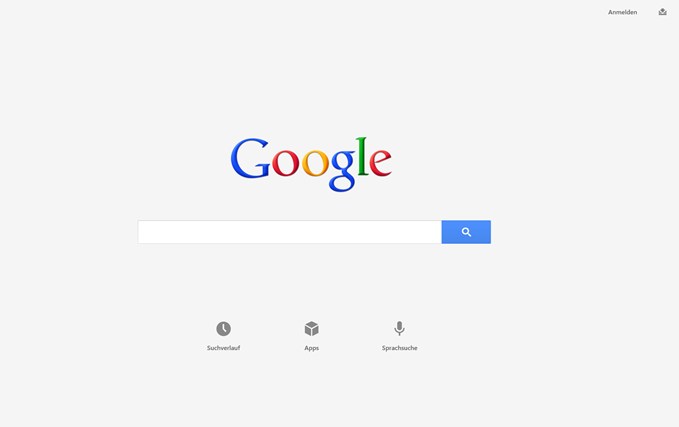Opportunities and Limitations of Multilingual SEO
Why a dictionary won’t get you very far when it comes to true localisation

For translators, search engine optimisation, better known as SEO, is becoming more and more pertinent to their work. With a growing number of businesses aiming to ensure that customers the world over can find them through search engines, requirements have shifted. But how can translators best implement SEO and incorporate relevant keywords? And what can your business expect from them? We have summarized the most important opportunities and limitations of multilingual SEO for you.
What SEO keywords are there?
SEO refers to all activities aimed at improving the organic search ranking of a specific website by search engines such as Google. One of the most common strategies to achieve this involves incorporating so-called keywords, i.e. heavily searched terms. Experts distinguish between two types of keywords: short-tail and long-tail keywords.
| Short-tail keyword | Long-tail keyword |
| usually individual words quite general high search volume heavy competition | phrases more specific lower search volume better chance of a good ranking |
The challenges of multilingual SEO
“We’ve been working on our German website. Could you just translate those keywords for us?” More and more companies have woken up to the fact that potential customers generally prefer searching for and consuming information in their native language. However, giving them access to just that is not as straightforward as the above question suggests.
This is because SEO activities are specific to both markets and languages. Your tried and tested keywords that have caught the attention of so many customers in your home market will not necessarily work the same magic in a different language. So what do you need to know?
Why multilingual SEO is not simply a matter of translation
Take the word “mobile phone”. Even in English, this term will require a market-specific search – because depending on where you are in the world, you might be looking for a “cell phone” instead. Similarly, although the word “Mobiltelefon” exists in German, it’s unlikely to be the word that most Germans use in their search. “Handy” is, of course, the much more commonly searched term and the one likely to reach your potential customers. You’ll find that nearly every term has more than one potential translation, making your dictionary a less than ideal go-to tool for multilingual SEO.
- Search behaviour differs from language to language and from market to market
- Search intent differs from language to language and from market to market
- Direct translations may have little or no search volume
- Not every possible keyword is a good keyword
- Everyday language and technical terminology don’t always correspond
- SEO is more relevant for some sectors than for others
- SEO keywords are constantly changing and must be regularly updated
So how do you best tap into multilingual SEO?
None of this is to say that potential customers in new markets will not be interested in your products and services, and it also doesn’t mean that SEO efforts in other languages will automatically be in vain. Just don’t rely on your dictionary, but rather on language and market-specific synonyms and keywords that have been determined through dedicated keyword research based on background knowledge of the relevant market.
When looking for the right partner to provide you with linguistic support in achieving this, you should ask the following questions:
- Will my keywords work in a different language?
- Which additional, language-specific keywords are there?
- What do search behaviours and search terms in my target country/market look like?
- How can these keywords be used most effectively?
- Does SEO even make sense in my target market?
- How might content need to be adapted or restructured?
- How can I manage my keywords and keep them up to date?
What translators can offer you
How can the right translation company support you in your efforts to optimize your search results? Is a translation the way forward? Yes and no! Translators who know their way around multilingual SEO and know how to implement keywords in other languages are a valuable resource – but only if they meet specific criteria:
- Your translation service provider is SEO-literate and has in-depth experience with your target markets
- Your translation company is able to advise you on your SEO strategy and can conduct SEO research for you
- Your translation company provides long-term support with managing and updating keywords
- Your translation service provider is able to rewrite or restructure content if needed
Don’t believe anyone who advertises simply translating your keywords as an adequate strategy for success in your target markets. There’s way more to it! All the more reason to put your multilingual SEO efforts into the hands of a provider who knows what they’re doing. We’re happy to tell you more.